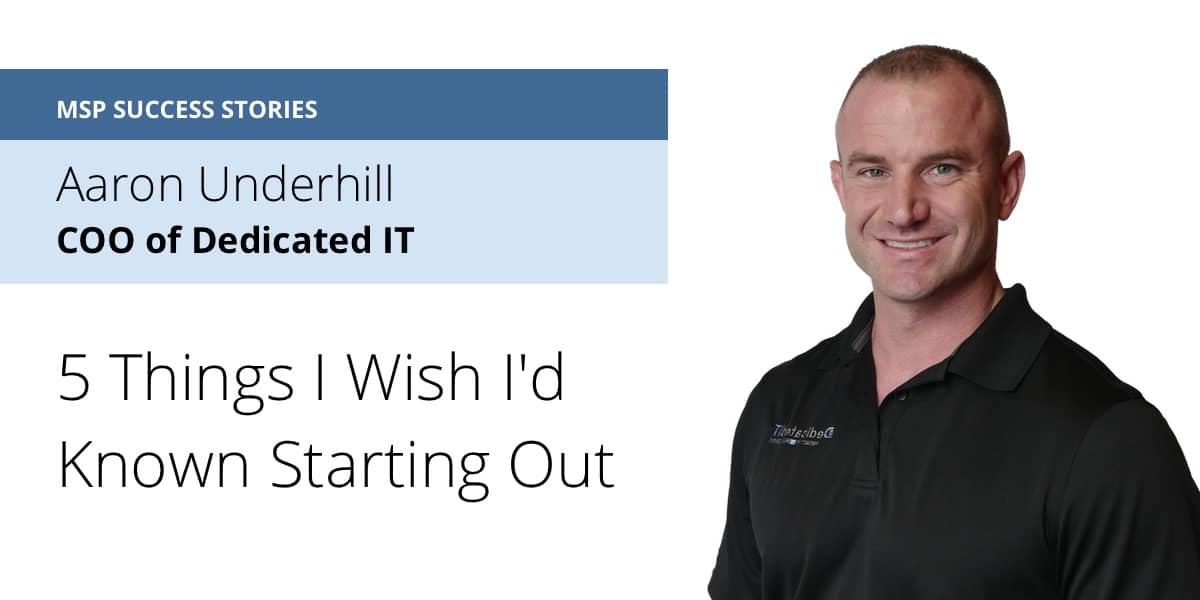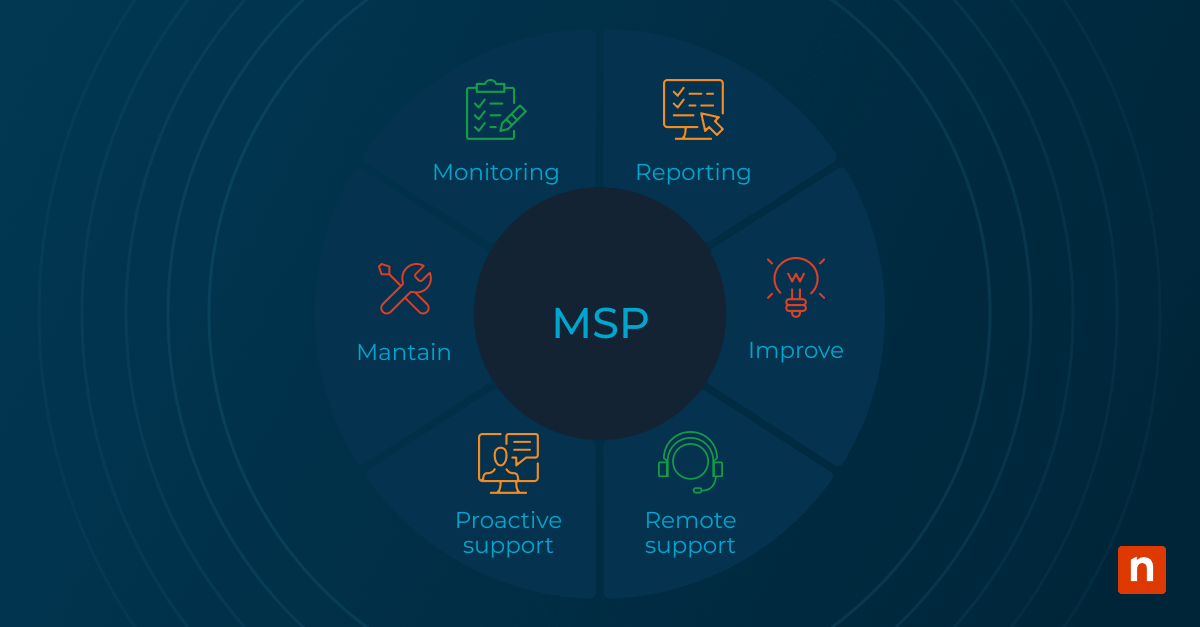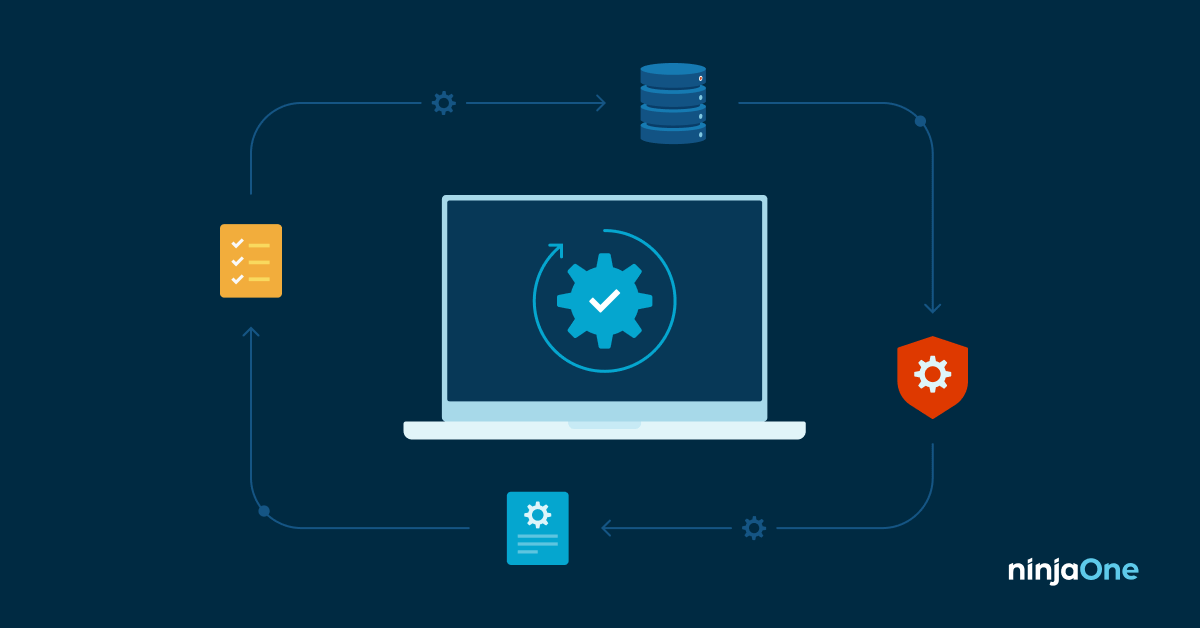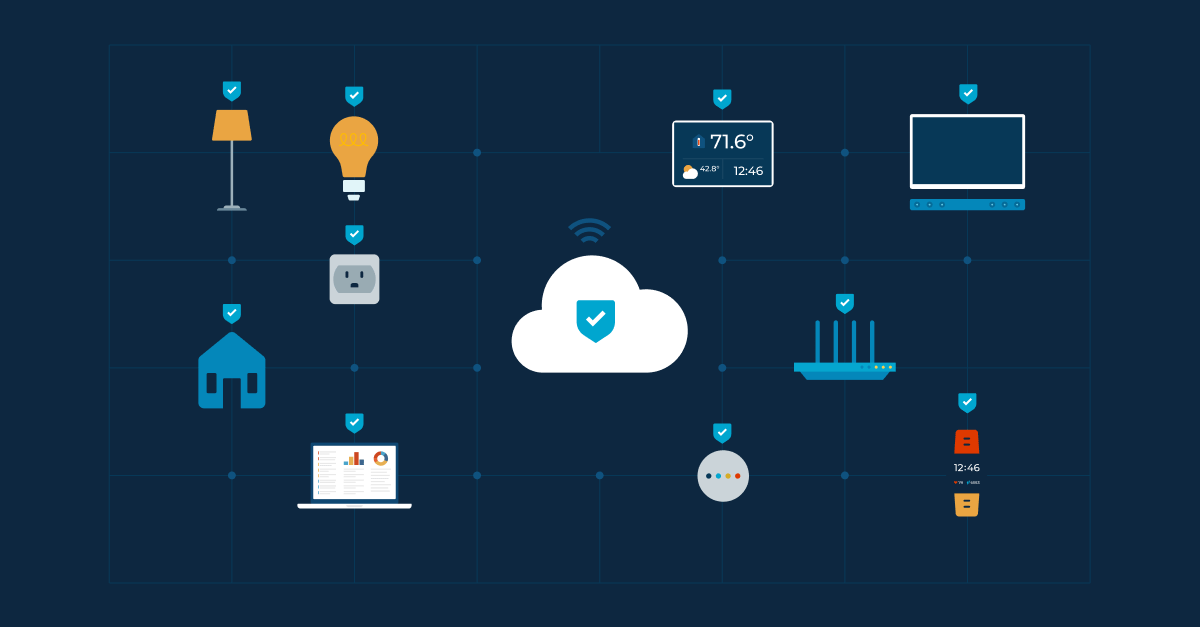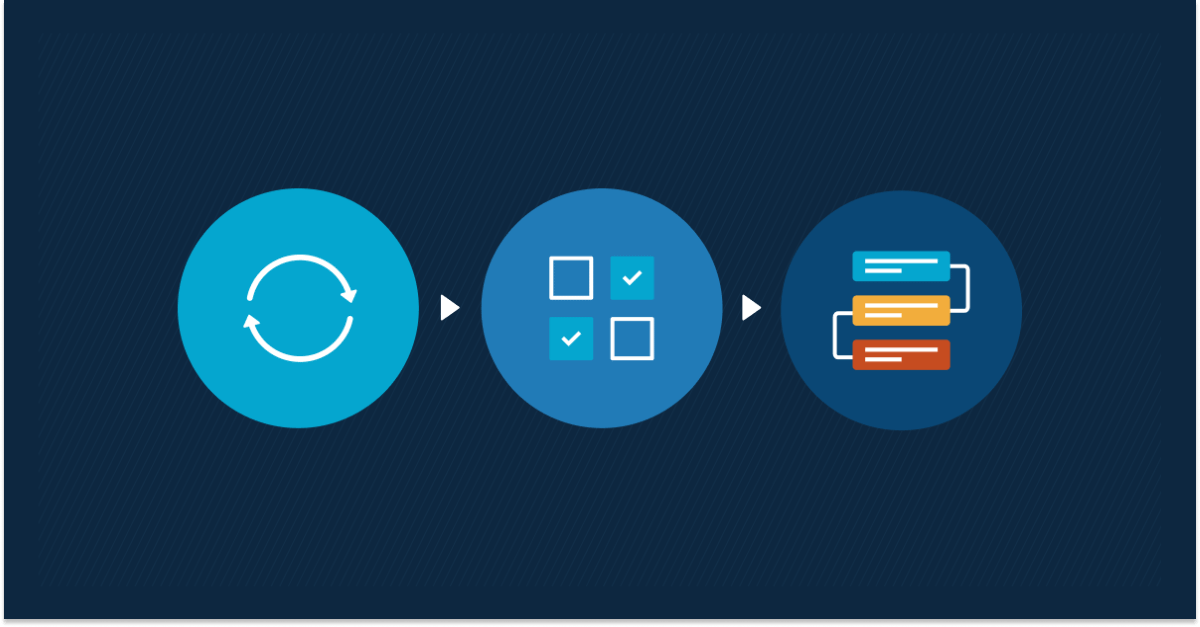IT you know. But when it comes to building a successful MSP business, the learning curve can be steep.
There’s no lack of best practice guides written to help MSPs, but there’s nothing quite like hearing from firsthand experiences from peers, directly. That’s why we’re launching a new series highlighting MSPs who have built multimillion-dollar businesses and who are graciously open to sharing the crucial lessons they learned along the way.
The idea of blindly accepting best practices has never sat easy with Aaron Underhill. The COO and a Managing Member of Dedicated IT, a managed services provider based out of Palm Beach Gardens, Florida, has always had a hard time accepting things will work just because someone else says they will. Instead, he’s always been driven to test things out firsthand.
Case in point: When he determined at an early point in his career that he needed to get better at sales prospecting he did something guaranteed to give him more direct exposure to figure out what worked and what didn’t — he joined a call center.
That move was just one step in a 20-year journey that’s seen Underhill in roles selling everything from cars to construction equipment. Eventually, it would lead him to joining his current business partner, Dedicated IT CEO Adam Steinhoff, in 2013. That year, the company was pulling in $600,000 in total annual revenue and $45,000 in monthly recurring revenue. Fast-forward just five years later and Dedicated IT has grown that number 10x.
During my conversation with Underhill he shared five lessons that he and his team learned the hard way during that growth. If they had known these at the outset, he says, there’s a very good chance the company would have been able to grow even faster.
Note: The following are excerpts from my interview with Underhill that have been edited for clarity and to fit this format. For five more things Aaron wishes he’d known, see Part 2 of our interview here.
1) It’s better to be good with people than amazing at IT
One of the biggest misconceptions in this industry is that selling managed IT services is different than selling anything else. It’s not.
Companies can be selling IT services, staffing services, cleaning services, you name it. Fundamentally, it all boils down to the same thing — you’re selling to people. And selling to people is ultimately more about building relationships and developing trust.
There are two reasons why we’ve found that realization to be incredibly important.
- MSPs can be needlessly dismissive of approaches that aren’t MSP-specific. They can say, “Well, that works for selling to consumers,” or “sure, but that’s not our vertical.” The result is tunnel vision. It can block out a lot of good approaches and it can make things more complicated than they need to be.When we set out to ramp up our sales we didn’t just look around for what was working for other MSPs. We didn’t limit ourselves in that way. Instead, we said, what are the best-in-class sales approaches working today, period? Not just for MSPs, but in general. Then we went about applying those best practices and coming up with our own methodology based on what we saw worked for us in practice. Doing that didn’t magically happen overnight. It took a lot of hands-on trial and error. Which brings us to point #2.
- You can’t hide behind a screen all the time. Another thing about the MSP world is everyone is very technologically astute. That’s obviously great and necessary, but the challenge is that focusing so much on MSP software technology can sometimes make it easy to neglect the people component of running the business.
You need to combat that by picking up the phone and talking to people. Better yet, you need to get out of the building, go onsite, and meet with prospects and clients face-to-face. You need to gain their trust and grow the relationships, and the best way to do that is through genuine, human interactions. It’s the only way to get to the point where they truly rely on you.
2) Focus on long-term client value (and cost), not just short-term deal size
In the early days, being choosy about what clients you bring on may feel like a luxury. But even then, it’s important to consider a simple fact — your long-term success as an MSP will likely be determined more by your ability to land the right type of client than any other factor.
As you evaluate potential clients, ask yourself a few questions: Are they the type of company you really want to be aligned with? Are they headed in the same direction you want to be heading? Are they growing at the same speed?
“Your long-term success as an MSP will likely be determined more by your ability to land the right type of client than any other factor.”
Even if it’s just for small dollars initially, establishing a foothold with a good client on an upward trajectory can pay off exponentially down the road. In contrast, problem clients can soak up your time, resources, and sanity and make even large deals unprofitable. Good clients open doors for you, either through referrals or by allowing you to expand your services footprint as they continue to succeed and grow.
In short, focus on fit and quality first. Bigger opportunities will follow.
Case in point: In our early days there was a residential development company I developed a small managed services contract with. It was nothing, really, just $200 a month. But then they were doing some hotel development and brought us on to do a $60,000 Meraki build and ongoing services for $1,500 a month. Still nothing spectacular. Yet five years later and we just signed another contract with them for a new hotel build. This time it’s a $700,000 project.
That’s an example of the power of building and nurturing relationships. It started out small and has really grown and developed over time.
3) Good sales processes are built on micro commitments, not single transactions
How do you eat an elephant? As the saying goes, one bite at a time.
The same holds true for landing big contracts, or any size deal, for that matter. Sales is a process. From initially identifying prospects and confirming they’re a good fit to introducing yourself and showcasing not just why they have a clear need for your services, but why you’re the right shop for the job.
That’s rarely if ever going to happen over the course of one phone call or meeting, and if your single-minded focus is closing the deal you’re going to come across as pushy or desperate. Instead, your goal should be to cap every interaction you have with a prospect by securing a simple “micro commitment” that confirms the next step and moves the process forward.
Not only will that steady drip approach help you close more deals, it will help you get more organized and improve your deal tracking, too.
4) Successful sales prospecting is all about getting more at-bats
Cold calling isn’t always something that comes natural to MSPs. Many flat out hate it. We’ve been able to grow our business 10x thanks in part to prospecting, however, so we know it works, and we’re obviously not alone.
The problem for many MSPs is that they either never really give prospecting a chance or they give up on it too soon. Either way, they never achieve the volume necessary to hit a tipping point.
Prospecting is all about persistence. It’s a numbers game, pure and simple. This is where I have to recommend Predictable Prospecting by Marylou Tyler and Jeremey Donovan. It’s a fantastic book that really informed how we developed our own sales process.
“Prospecting is all about persistence. It’s a numbers game, pure and simple.”
In it, the authors explain that by making a single prospecting call the odds of actually connecting with the person you want to reach is roughly 35%. If you make seven calls, however, those odds jump to 93%.
Knowing that, we’ve developed sales cadences that include not only multiple calls but other touch points such as email, social media, and direct mail, as well. By being persistent and data-driven we can see what’s working, what’s not, and tip the odds in our favor.
5) One person can’t prioritize prospecting and closing at the same time
A classic piece of sales advice is that you constantly need to be filling the funnel with new prospects and opportunities you can then actively be converting into new customers. The problem for the majority of MSPs is that it’s hard to be doing that when you’re also doing everything else.
In fact, one of the biggest advantages larger MSPs have over their smaller counterparts is they have the headcount necessary for people to specialize in particular roles rather than everyone being a jack-of-all-trades. This doesn’t just apply to owners having to do a bit of everything from sales to support to making the coffee. It also applies to having one person operating as “the salesperson” responsible for the entire sales funnel — everything from finding and chasing down new prospects to booking meetings and closing them.
The problem with having one person do all of those things is that when they’re taking meetings and closing deals they’re not prospecting and their funnel is drying up. They’ve just just signed new business, which is great, but now the cycle has to start all over again from scratch. As a result, there’s a significant ebb and flow with dry periods between deals. Those dry periods can be especially stressful when they coincide with customer churn, which is naturally going to happen to some extent.
Depending on your size and revenue, it may not be possible for you to have sales split out into specialized roles — business development reps who focus solely on generating meetings and account executives who close deals — but if that’s the case you still need to find ways to regularly be introducing your company to new prospects.
Want to hear more from Aaron? See Part 2 of our interview here.
Photo by Supushpitha Atapattu


